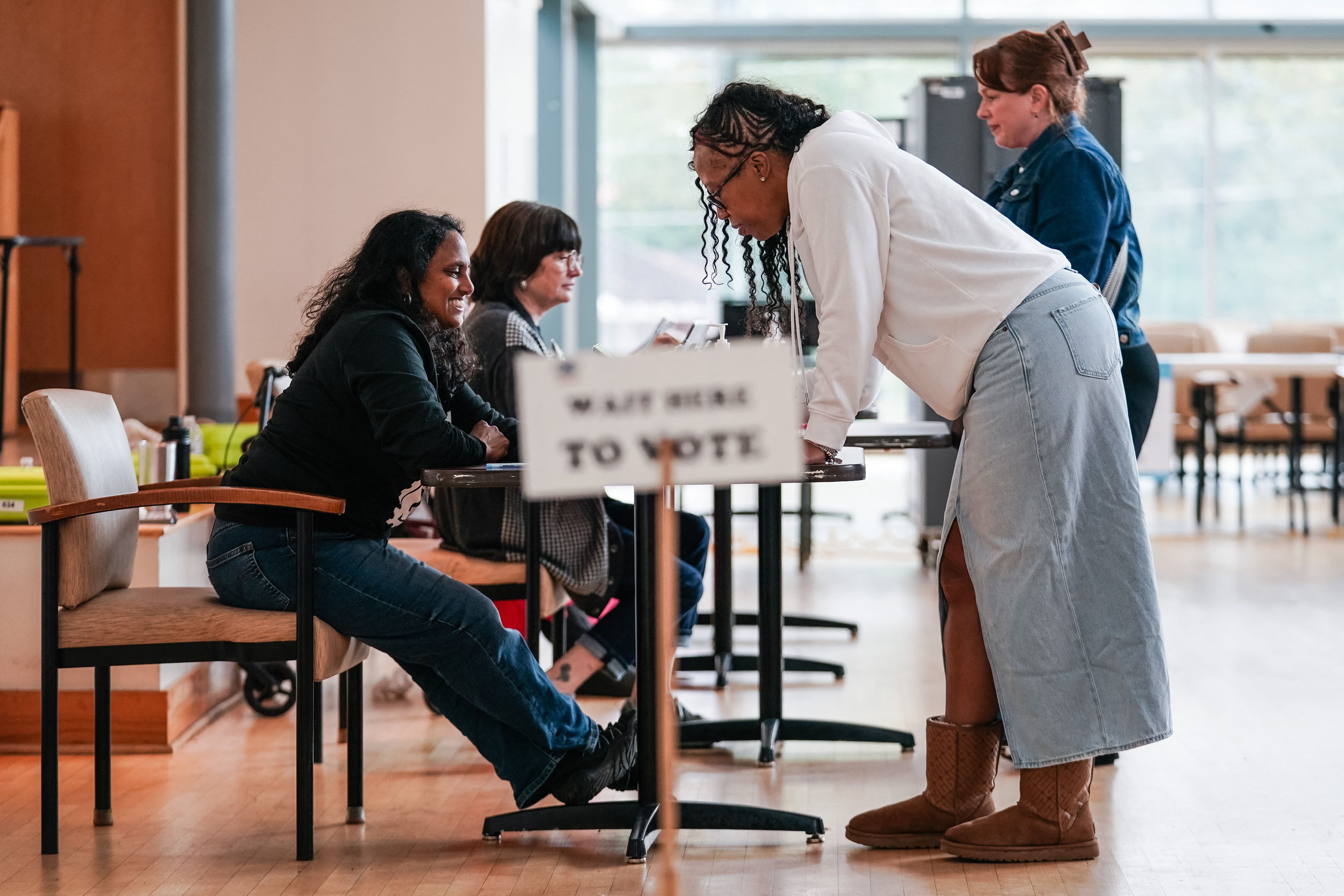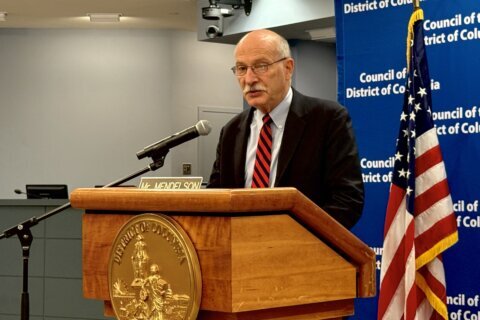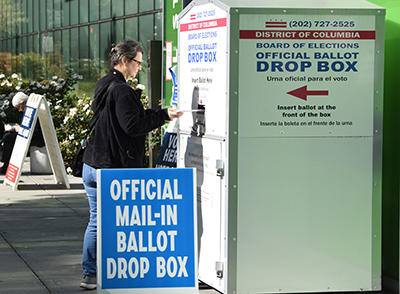Election Cycles and Key Dates in Washington DC
Washington DC follows a regular election calendar that includes federal, local, and special elections throughout each cycle. Understanding these timelines helps voters prepare and participate effectively in all relevant elections. The District holds primary elections in June and general elections in November, aligning with national election schedules while maintaining local autonomy over municipal races.
Presidential elections in DC carry particular significance, as the District's three electoral votes often reflect the political preferences of the nation's capital. Local elections for Mayor, Council members, and other municipal positions occur on four-year cycles, with some positions staggered to ensure continuity in governance. Special elections may be called to fill vacant positions or address specific ballot measures that require voter input.
Early voting opportunities in DC provide flexibility for busy residents, with multiple early voting centers operating in the weeks leading up to each election. Absentee voting is available for eligible voters who cannot participate in person, including military personnel, overseas residents, and those with qualifying circumstances that prevent polling place attendance.




